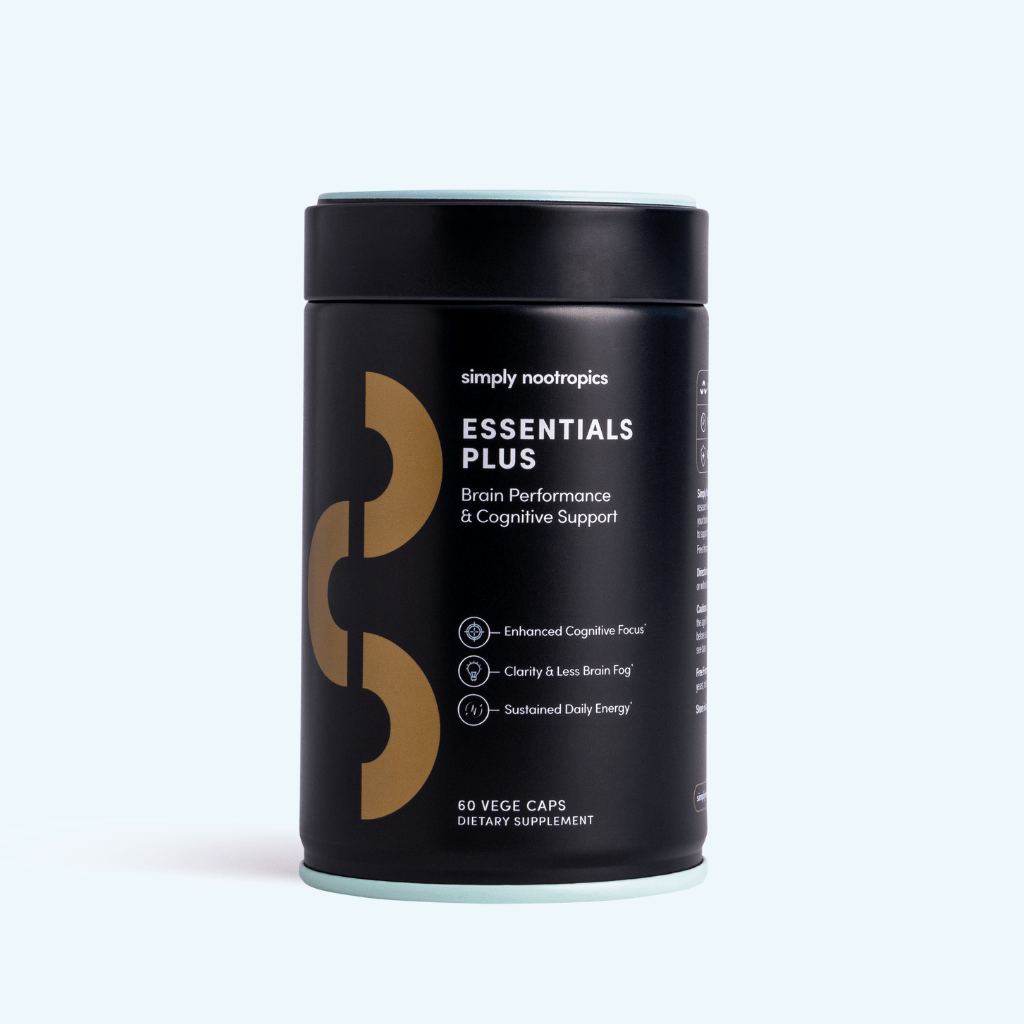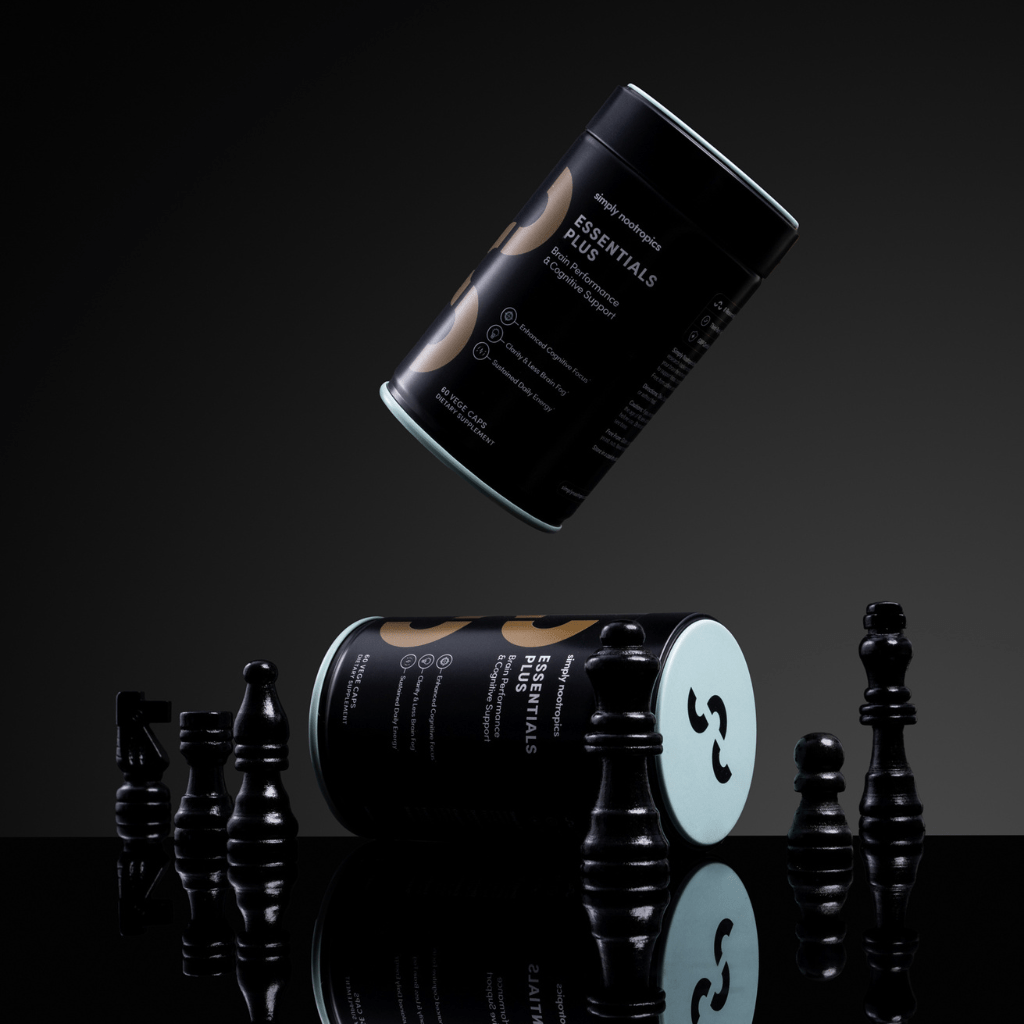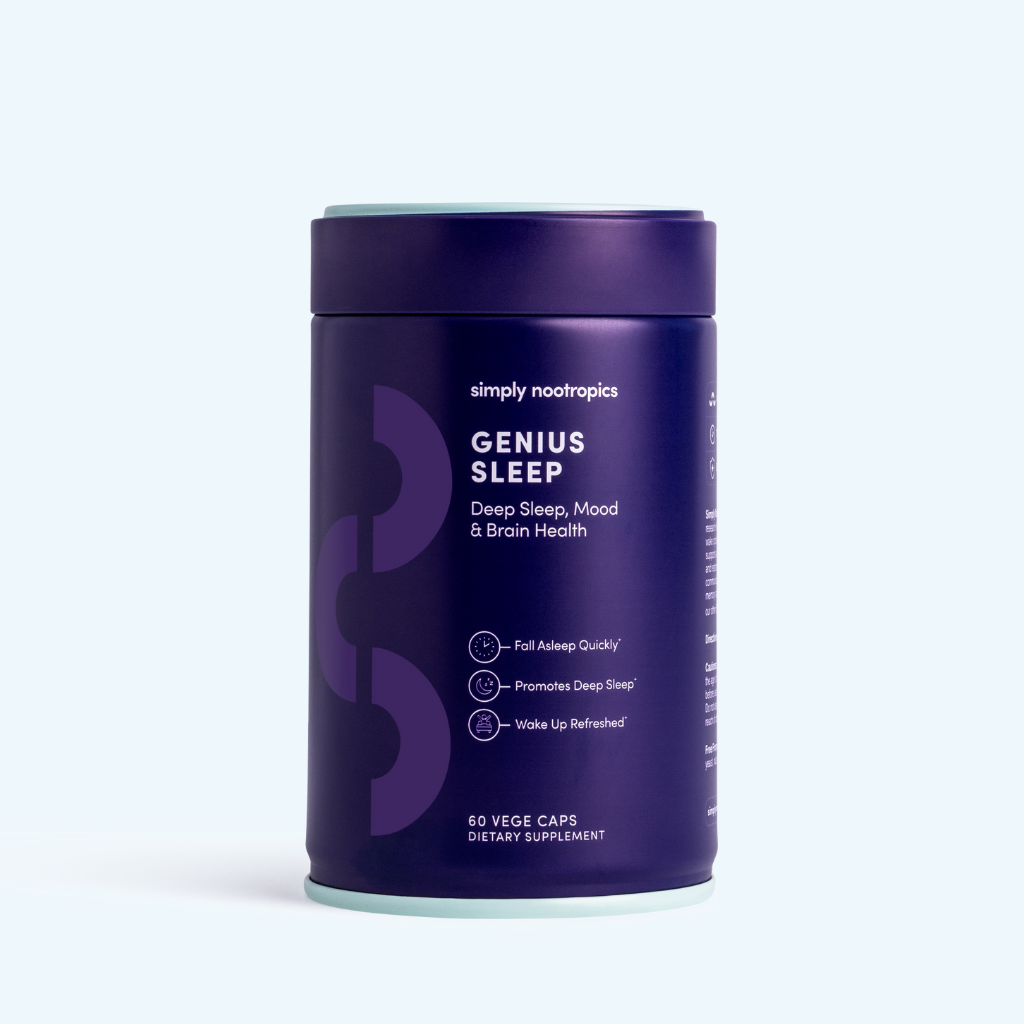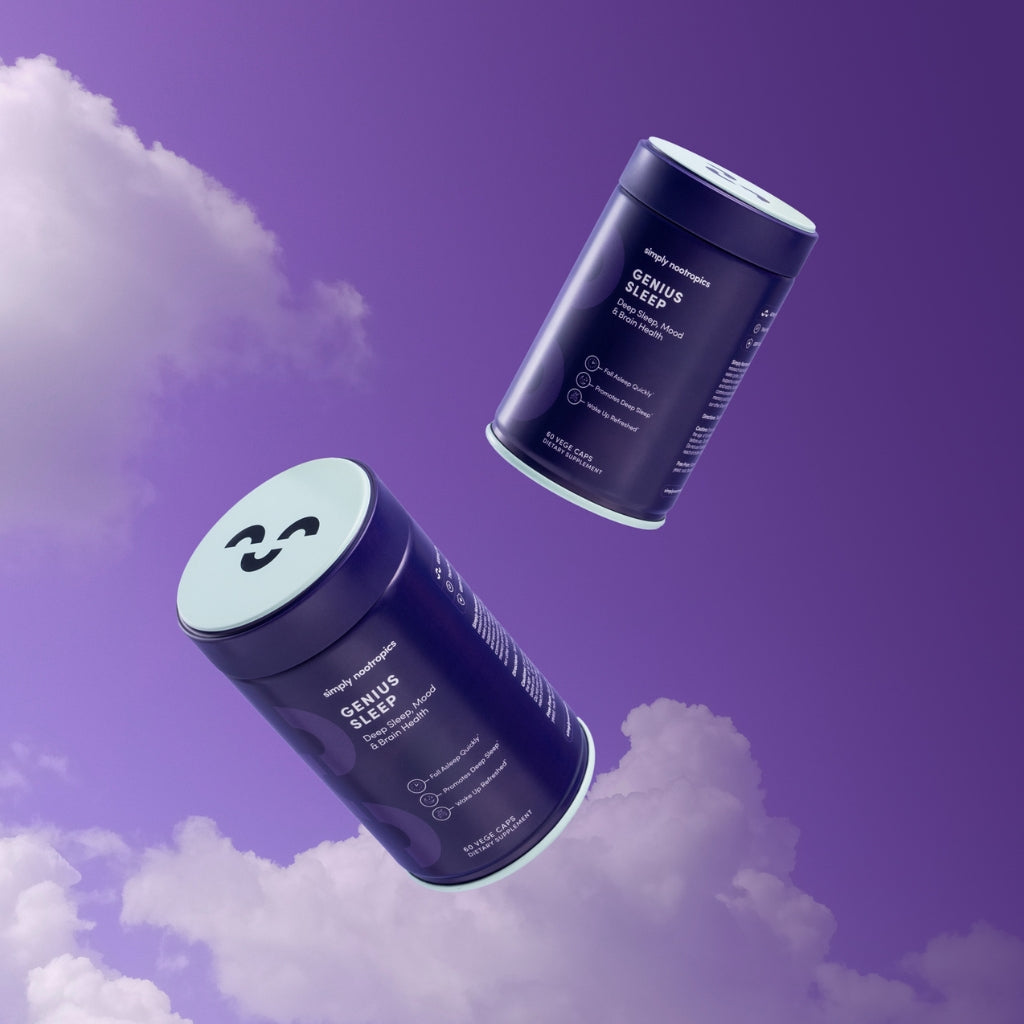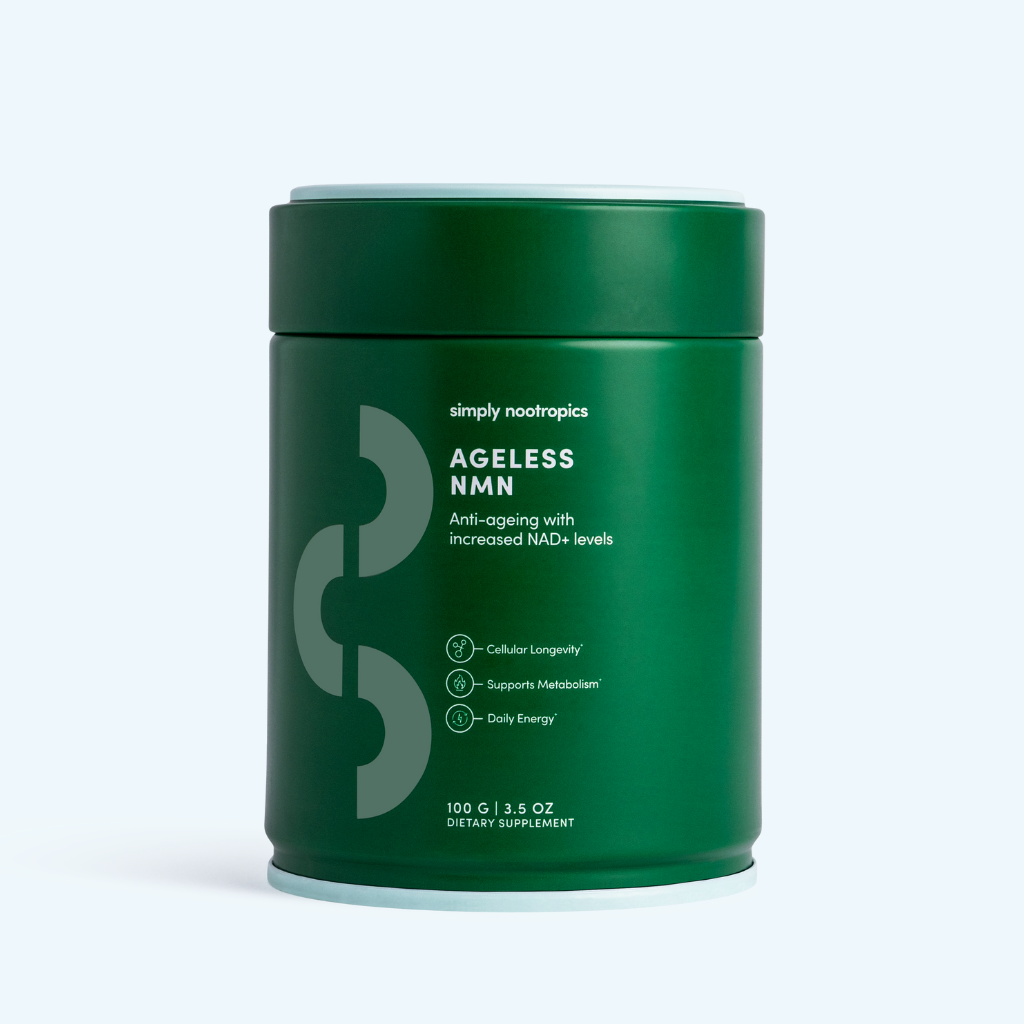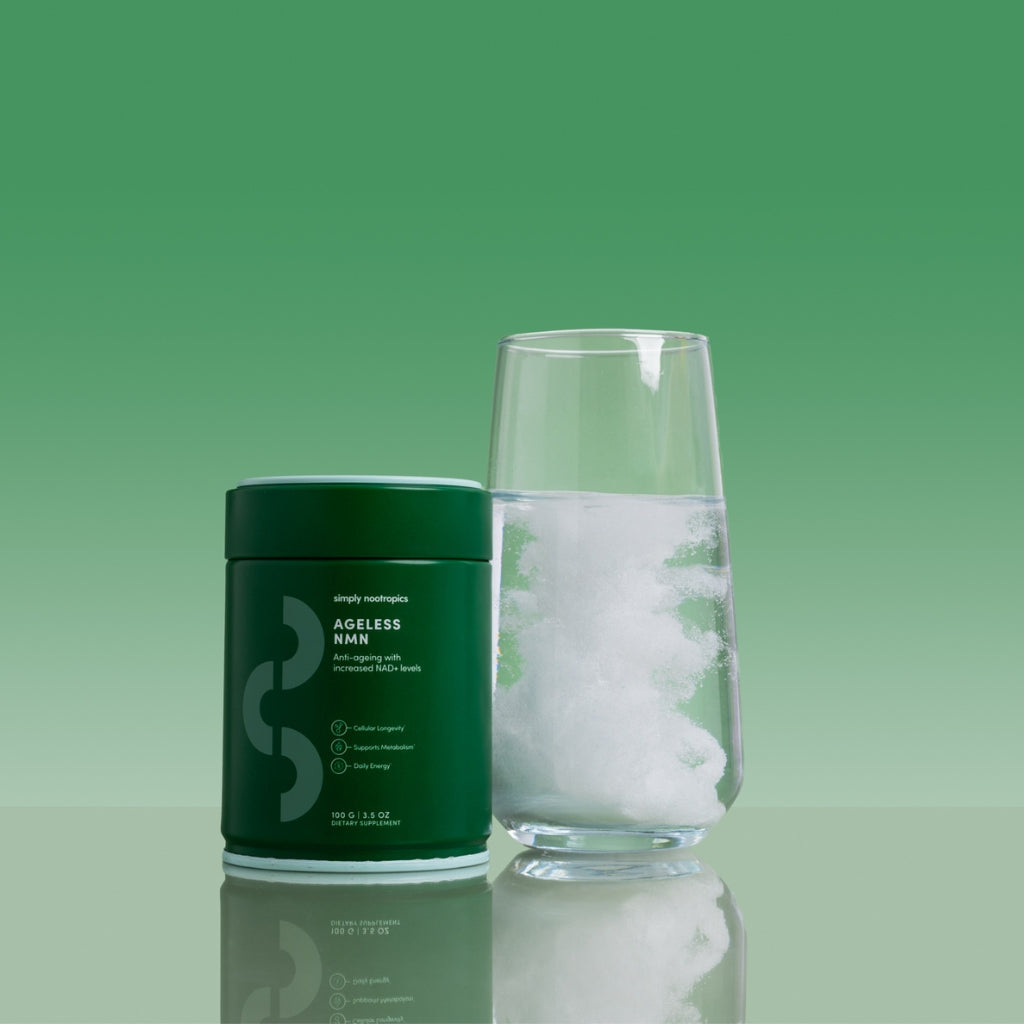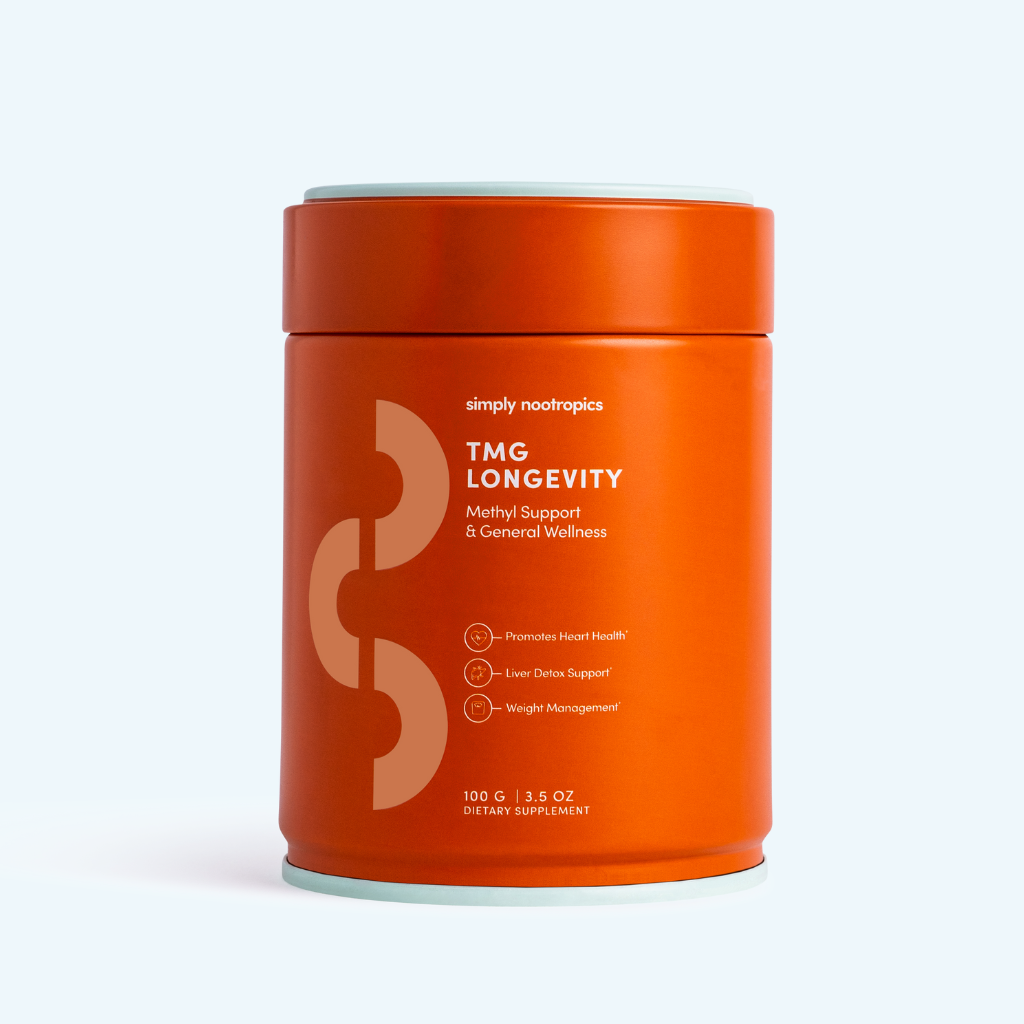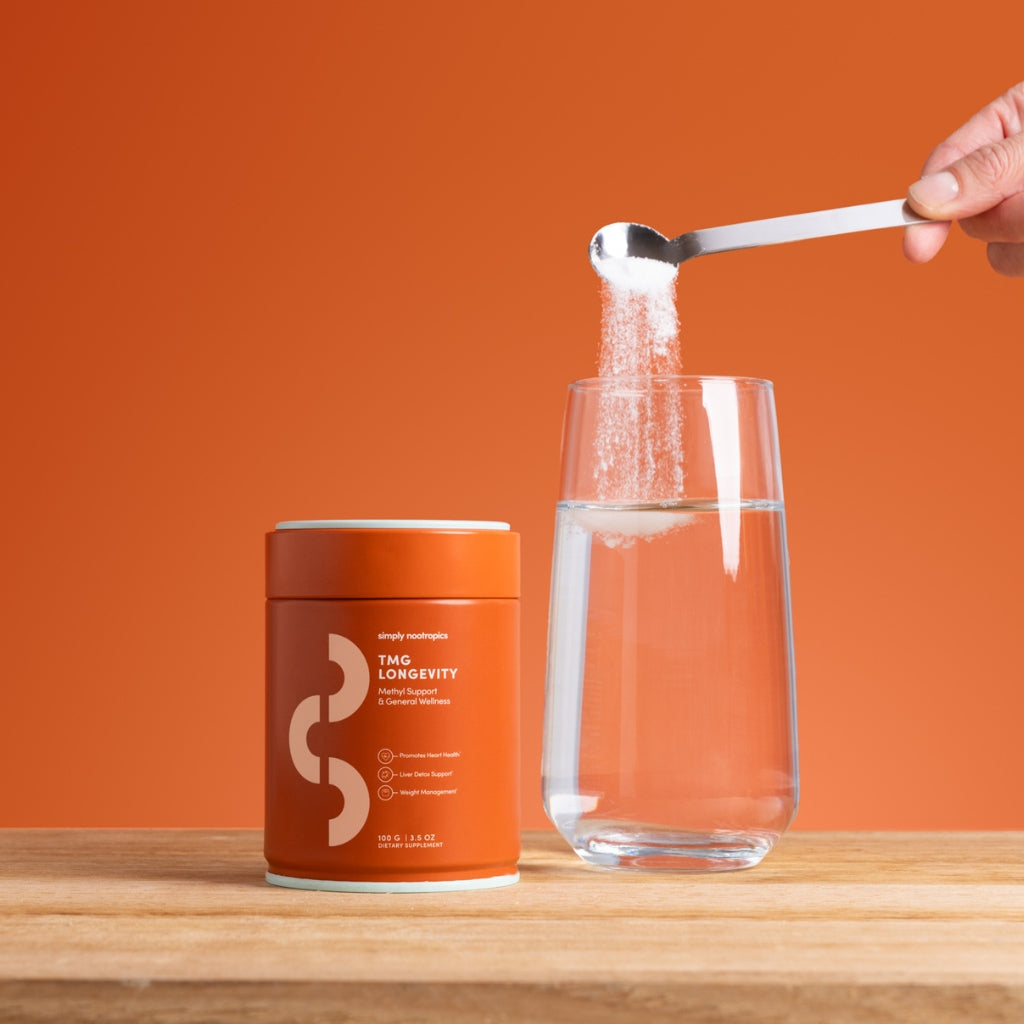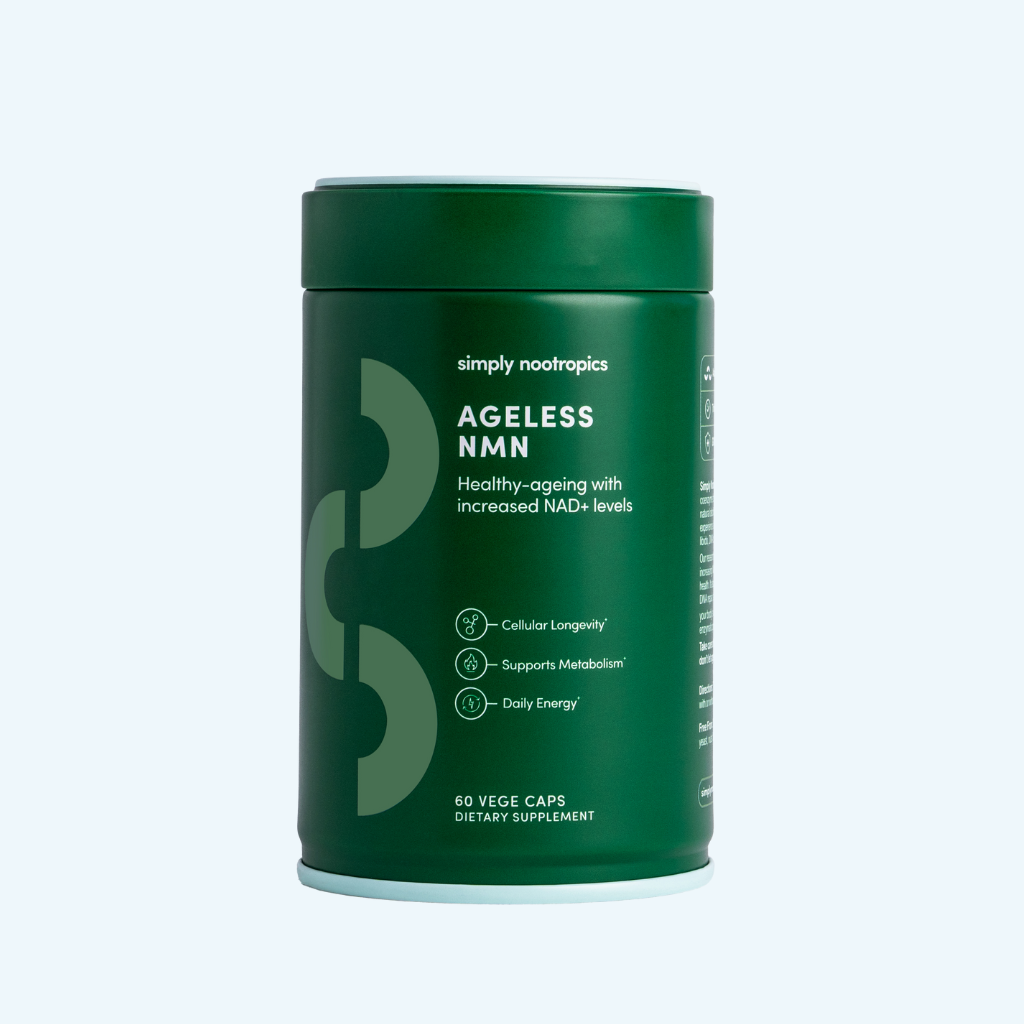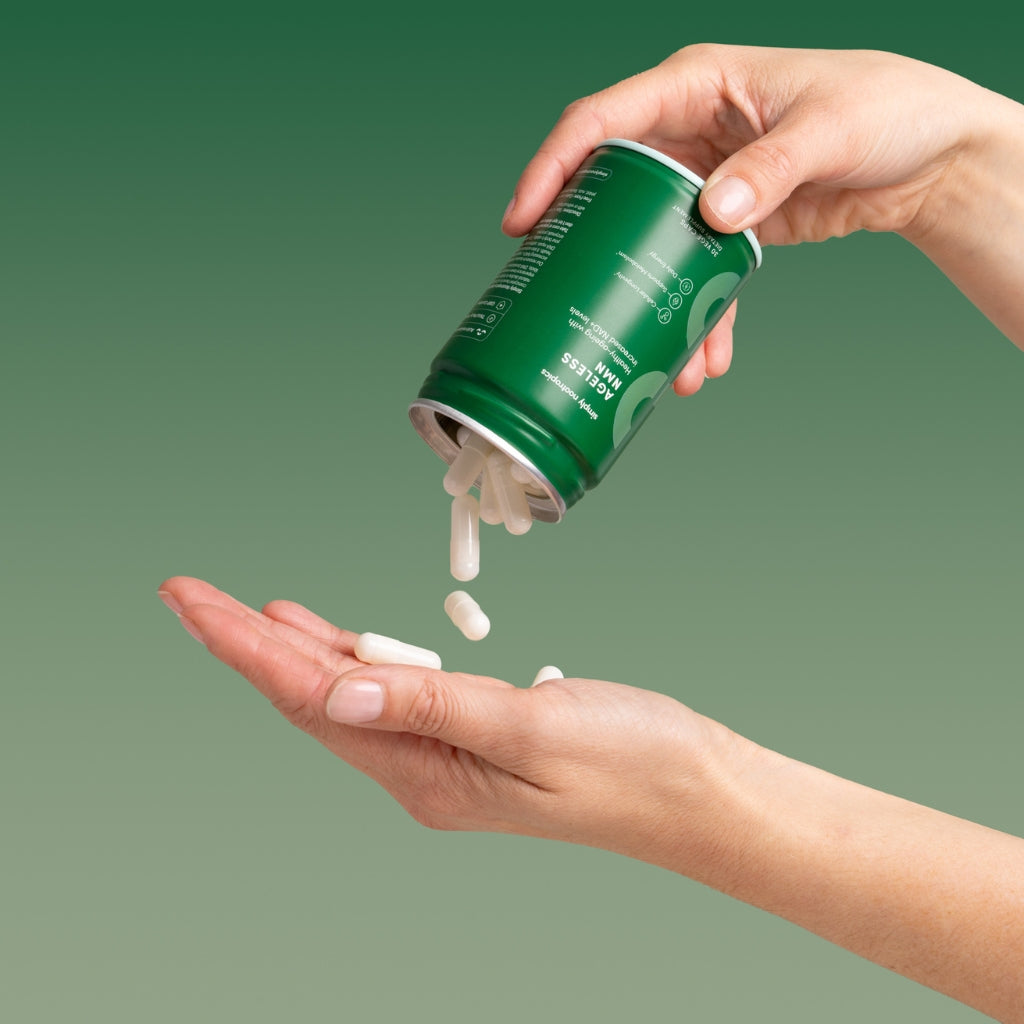Bone health rarely makes the wellness headlines until there’s a break, a scan, or a diagnosis. But like your brain, your bones are living, changing tissue. And the decisions you make now shape how strong and resilient they stay later.
From your spine to your skull, bones do more than hold you up. They protect your organs, store minerals, support immune health, and even regulate hormones. In short? They’re not just structural. They’re essential.
Let’s break down what keeps your bones healthy, and how you can support them before problems start.
Bones are Alive. Literally.
Many people think of bones as static, like dry scaffolding or structural poles. But in reality, your skeleton is living, dynamic tissue that’s constantly being broken down and rebuilt.
This process is called remodelling, and it involves two main cell types for healthy bones and joints:
-
Osteoclasts: cells that break down old or damaged bone
-
Osteoblasts: cells that build fresh, strong bone
This continuous turnover is how you adapt to physical stress, heal micro-injuries, and maintain density. In youth, formation outpaces breakdown. But with age, hormonal shifts, inactivity, and poor diet can tip the balance. The result: bone loss.
You won’t feel it happening, but it’s one of the clearest markers of biological ageing.
Beyond Fractures: What Weak Bones Actually Mean
When you hear “bone loss,” you might think of hip fractures or hunched posture. But low bone density affects far more than physical structure:
-
Posture and joint alignment suffer, which can lead to chronic pain or mobility issues
-
Respiratory capacity decreases when the spine collapses inward
-
Balance and confidence decline, increasing fall risk
-
Immune health and energy are compromised: your bone marrow is where immune cells are produced
And for women especially, osteoporosis becomes a threat post-menopause, when oestrogen (a key bone-protective hormone) sharply declines.
This isn’t just about ageing gracefully. It’s about staying mobile, independent, and resilient for healthy bones and joints.
The Bone Health Myth
Let’s clear this up. Calcium is essential, but taking a calcium supplement alone won’t do much for healthy bones and joints unless the rest of your system is working.
Your bones need a range of nutrients to build and maintain strength:
-
Vitamin D3: increases calcium absorption in the gut
-
Vitamin K2: ensures that calcium ends up in your bones—not your arteries
-
Magnesium: essential for converting vitamin D to its active form
-
Phosphorus: forms part of your bone’s structural matrix
-
Protein: forms the collagen network your bones mineralise around
-
Collagen peptides: provide the actual scaffold for strong, flexible bone
And even more overlooked: collagen declines with age, just like calcium stores. If your body can’t build that internal framework, it doesn’t matter how many minerals you supply.
Bone Health and Longevity
If you’re focused on living longer and staying sharper as you age, your bones might not be the first thing you think of, but they should be. Fractures later in life aren’t just painful: they’re dangerous. A broken hip, for example, increases the risk of long-term immobility, hospitalisation, and even early mortality. In fact, some studies link poor bone density with increased all-cause mortality, independent of age.
In longevity science, the goal isn’t just to extend lifespan, it’s to increase healthspan: the number of years you live actively, independently, and well. Bone health is central to that mission. It keeps you upright, resilient, and moving, so you can keep doing what you love for decades longer.
When does Bone Loss Begin?
Bone mass peaks between age 25–35, depending on your genetics and lifestyle. After that, in your late thirties, it begins a slow decline, usually around 1% per year after age 40.
That might not sound like much. But over a decade, that’s a significant loss of structural integrity. For women, that rate accelerates sharply post-menopause, often up to 3–5% per year in the first few years.
By the time you’re 70, you could be down 25–50% of your peak bone mass.
Habits that Build Bone Strength
Some bone health basics for healthy bones and joints you might already know: lift weights, eat greens, get sunlight. But what actually helps or harms?
What supports bone strength:
-
Weight-bearing exercise (like walking, lifting, resistance training): signals bones to stay strong
-
Adequate protein: essential for collagen and structural repair
-
Daily magnesium + vitamin D: co-factors in calcium use
-
Consistent collagen supplementation: helps build the flexible matrix
-
Healthy gut function: you can’t absorb minerals if your digestion isn’t working
What undermines bone health:
-
Sedentary lifestyle: without impact, bones weaken
-
Excess caffeine: increases urinary calcium loss
-
Chronic stress: elevates cortisol, which breaks down bone
-
Smoking + alcohol: interfere with absorption, blood flow, and hormone balance
-
Low protein diets: deprive your body of the scaffolding it needs to repair
Collagen and Bone Health
Your bones are made of roughly 70% minerals and 30% collagen. That collagen forms a protein meshwork, like scaffolding, that calcium and phosphorus lock into. Without top collagen, bones lose their flexibility and become brittle.
As you age, your body makes less collagen naturally, which is why even calcium-rich diets might not translate to stronger bones.
Studies show that daily collagen peptide supplementation, especially when paired with vitamin D and calcium, can help maintain bone density, reduce the rate of bone loss, and improve biomarkers related to turnover and repair.
The Brain–Bone Connection
You might not expect it, but there’s an emerging link between bone health and brain function. One of the key players is osteocalcin, a protein secreted by bone-forming cells. It appears to:
-
Cross the blood-brain barrier
-
Influence neurotransmitter function
-
Support memory, learning, and mood regulation
Low bone density is also associated with higher levels of systemic inflammation, which is linked to cognitive decline. So supporting your bones may also mean protecting your brain.
What Can You Do?
It’s not about chasing perfection. It’s about consistency and giving your body the raw materials it needs to stay strong as you age. Start here for healthy bones and joints:
-
Lift something heavy at least 2–3 times per week
-
Check your vitamin D levels, especially in winter
-
Add magnesium and K2-rich foods (like leafy greens and fermented foods)
-
Include a the best collagen peptide supplement
-
Stay consistent: bones respond to long-term habits, not overnight fixes
It’s never too late to start, but the earlier you do, the stronger your foundation will be. Our Vital Beauty Collagen Peptides deliver clinically dosed hydrolysed collagen peptides. It’s easy to add to your daily routine and works behind the scenes to support your bones, skin, joints, and connective tissue. Our collagen formula is backed by science, free from fluff, and designed to keep you feeling strong.



